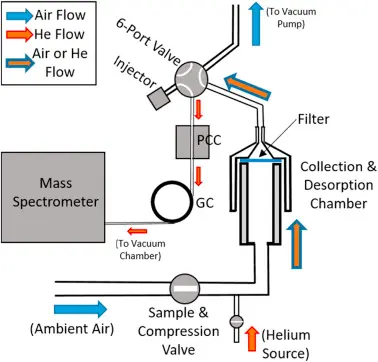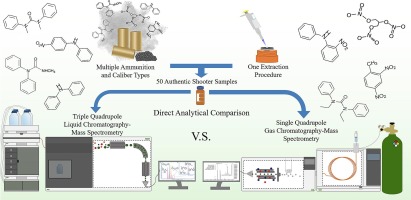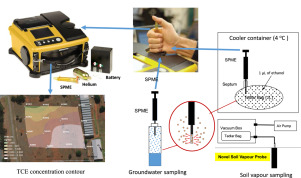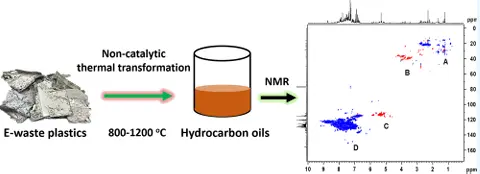The environment is under constant pressure from human activity. From industrial emissions and vehicle exhaust to pesticide use and plastic waste, pollutants are continuously being released into the air, water, and soil. To protect ecosystems and human health, scientists need accurate and sensitive tools to monitor these pollutants. One of the most powerful tools used in environmental analysis today is Gas Chromatography-Mass Spectrometry (GC/MS).
Key Applications of GC/MS in Environmental Analysis



